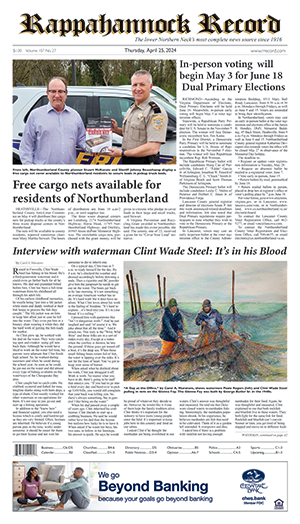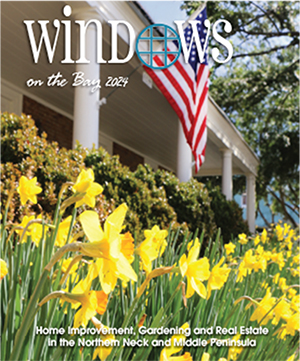by Ginger Philbrick
Friday, March 8, was International Women’s Day. In light of this, I think it is appropriate, and entertaining, to take a look back and see how the expectations for women have changed over the past two centuries in America.
A friend who is so kind as to share bits of interesting etiquette information when he comes across them, sent me a list of bygone rules for women. It included one from Vogue’s Book of Etiquette in 1948 that began with what I thought was a quite valid concern,“By not paying proper respect to their husbands…bad-mannered American wives are placing their husbands in a subordinate position, which is most unbecoming to a man.”
Believing in equality and not subordination in a marital relationship, I agreed that that is worrisome. But when I read these words further, “a woman can gracefully play second fiddle, but a man who is obviously subordinated to a dominating woman is a pathetic and foolish figure,” I thought it was a bit overstated.
Further research of past suggestions for female behavior netted the following:
• In the Victorian Era of the late 1800s, when a couple was courting (the equivalent of serious dating these days), a woman could not give a man a gift unless she had received one from him. In addition, the gift from her was to be inexpensive, preferably handmade. I wondered if they had glue guns.
• In the early 1900s, supposed experts in child-rearing warned mothers to not be overly affectionate with their babies. It was even recommended that they not play with them in the first six months, to ensure they were not spoiled. This may help explain some of the behavior quirks of my Great Aunt Suzie.
• In 1938, Mademoiselle magazine offered this tip for college-bound women: “have your mom send flowers to your dorm room so that your male peers will think you are in demand.” An additional tip was to “turn off the lights in your room at night so that it will seem you are out,” presumably having fun. I wonder if eye-strain from studying in the dark was on the rise.
• In the 1950s, it was thought a man should be the one to order a woman’s food when dining in a restaurant. This obviously took trust, patience and forgiveness on the woman’s part, especially if she adhered to the etiquette of not correcting the man in public.
This last suggested show of good manners is also from our Victorian predecessors and was considered proper for both ladies and gentlemen. It was seen as extremely rude to ask a direct question. For example, instead of inquiring, “How are you?”, a polite person would say, “I hope you are doing well.” I tried that one out for fun, and all I can say is that it must have taken quite a while for a waiter to ascertain what a diner would like to eat!
Ginger Philbrick is the owner of Because You Are Polite LLC. You are invited to email your manners questions to her and she will respond as time and space allow. You may contact her at [email protected].












